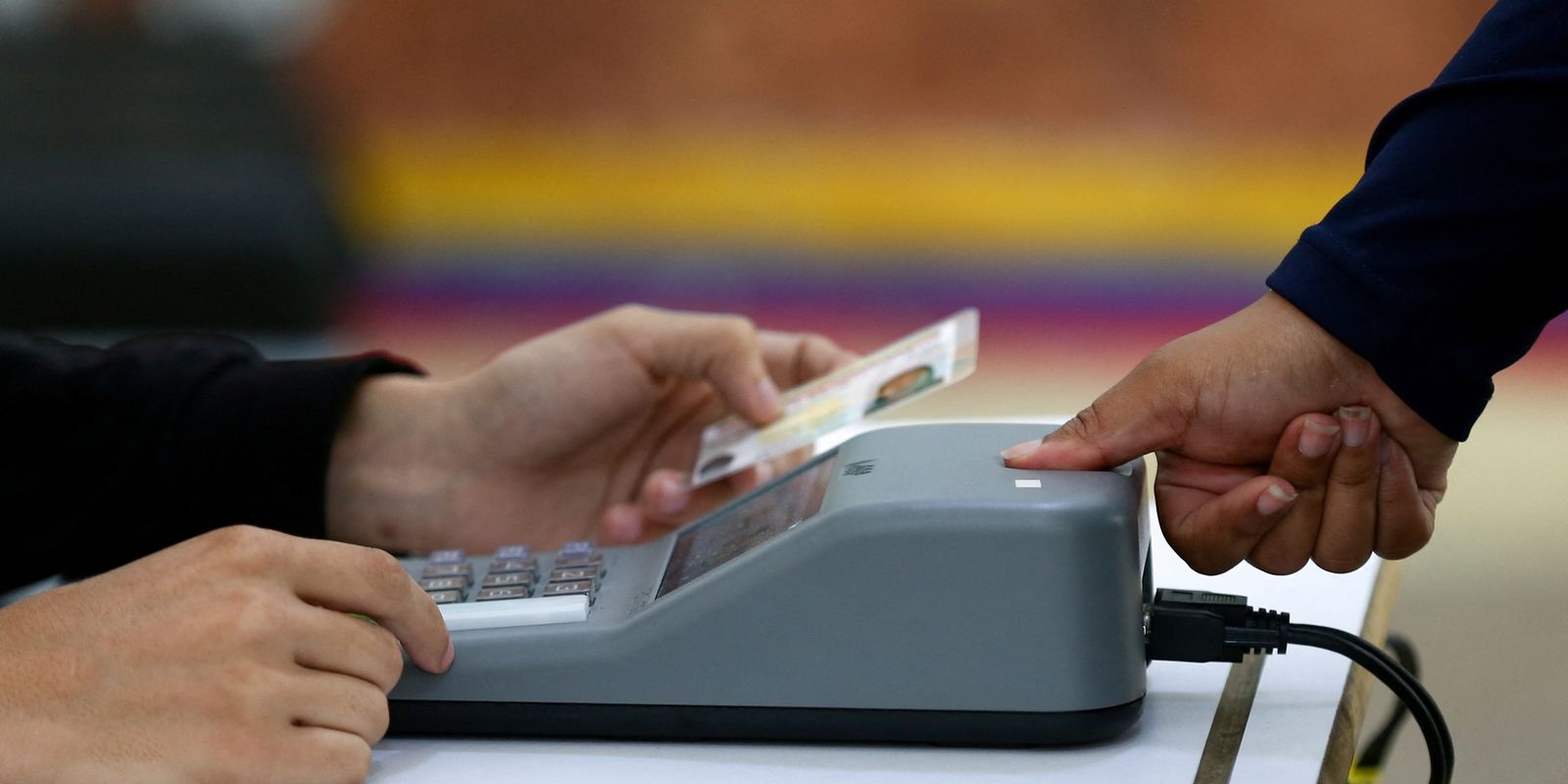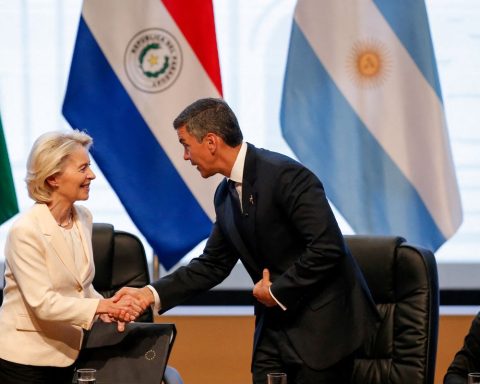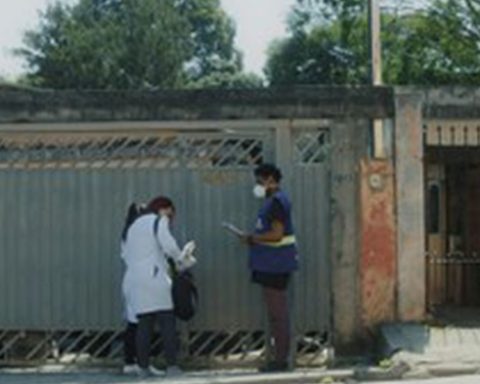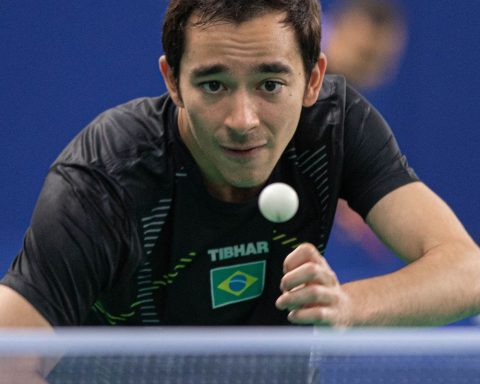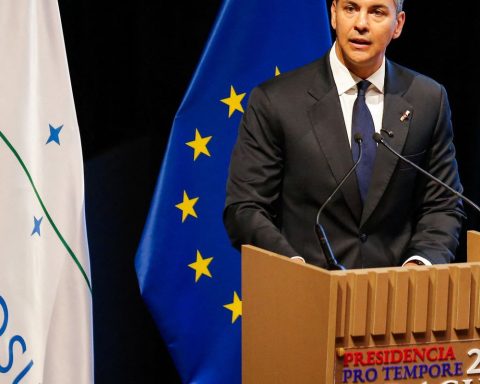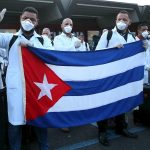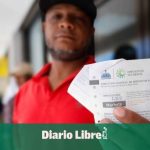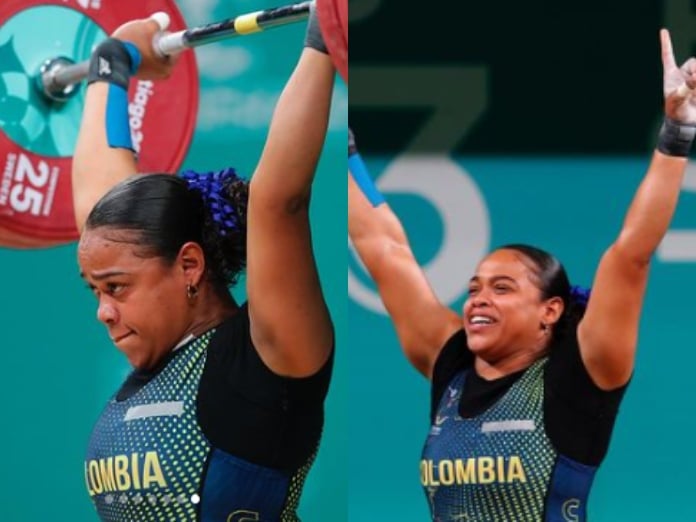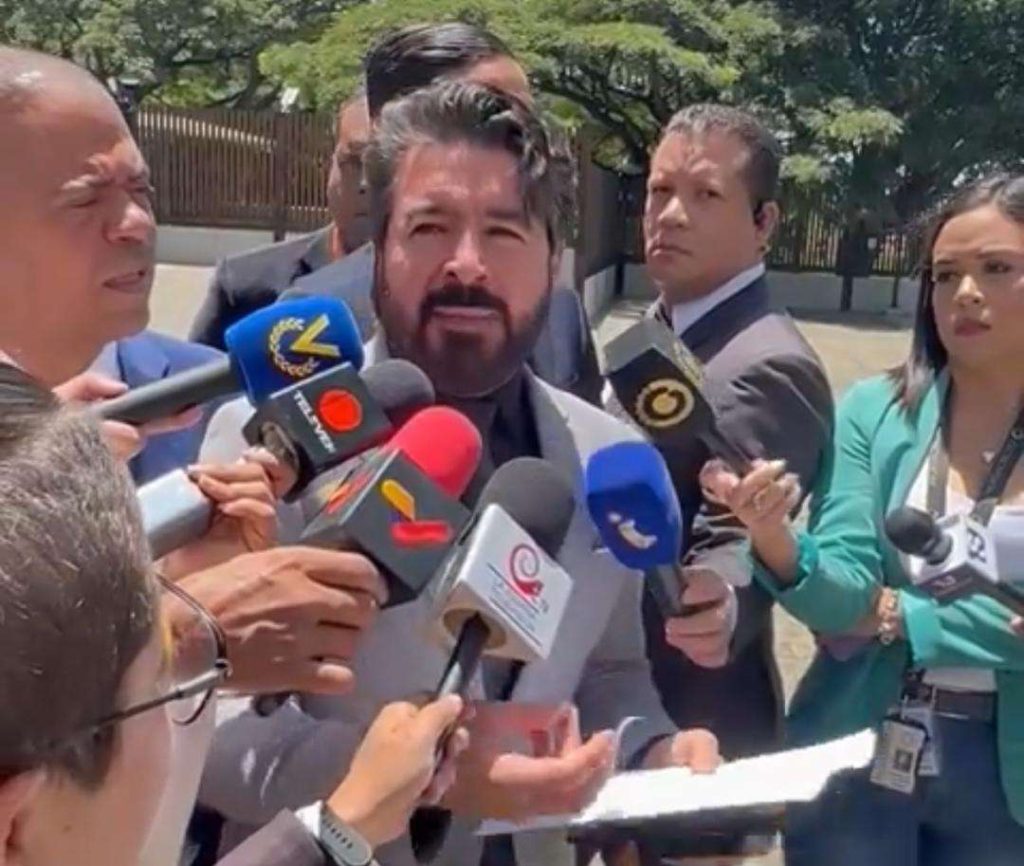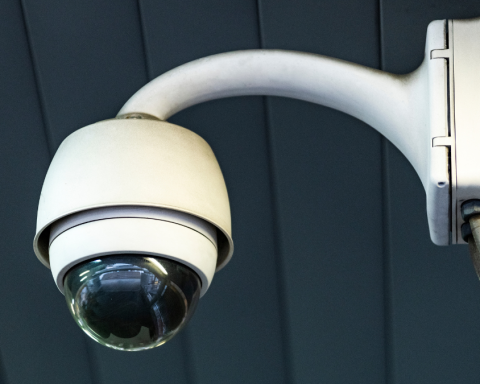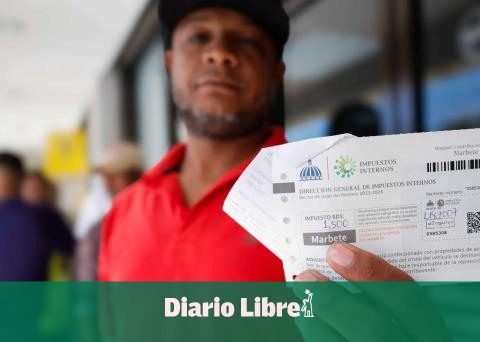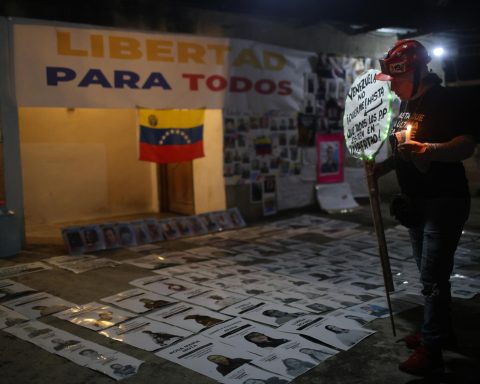In a joint statement, the governments of Brazil, Colombia and Mexico called for the results of the presidential election in Venezuela to be released. 
The three countries are asking Venezuela’s National Electoral Council (CNE) to release data “broken down by polling station.” The CNE has yet to publicly present voting data from each of the country’s more than 30,000 polling stations, as required by the country’s legislation.
Another request is that authorities deal with “caution and moderation” the demonstrations that have been taking place in the country since the end of the election.
“They reaffirm the convenience of allowing impartial verification of the results, respecting the fundamental principle of popular sovereignty. Furthermore, they reiterate the call on the country’s political and social actors to exercise maximum caution and moderation in demonstrations and public events and on the country’s security forces to guarantee the full exercise of this democratic right within the limits of the law. Respect for Human Rights must prevail in any circumstance,” says the note, released by the Brazilian Ministry of Foreign Affairs.
The governments also reported that they will continue to hold talks so that Venezuela itself can find solutions to the current situation. “In this sense, they reiterate their willingness to support efforts for dialogue and the search for understandings that contribute to political stability and democracy in the country.”
Impasse
Since the CNE did not present the voting data, the Venezuelan opposition created a webpage with the alleged electoral records that it has in its possession. Opposition leaders claim that the documents represent more than 80% of the total number of polling stations.
In Venezuela, when voting ends, the ballot box prints the electoral minutes, which are distributed to all party inspectors present at the location. The documents are used to check whether the data used by the CNE to tally the votes are the same as those that came out of the ballot box on the day of the vote.
Despite not providing the parties with the data per table, the CNE handed over the alleged original minutes to the country’s Superior Court of Justice (TSJ), which opened an investigation to determine the electoral process of July 28.
The main opposition candidate, Edmundo González, was summoned and did not appear before the TSJ, claiming that the Court’s expert opinion usurps the powers of the CNE. Representatives of the parties that supported González appeared, but did not submit the minutes, claiming that they had already been published on the website.
President Nicolás Maduro said he will deliver 100% of the minutes of his party’s inauguration this Friday (9).
